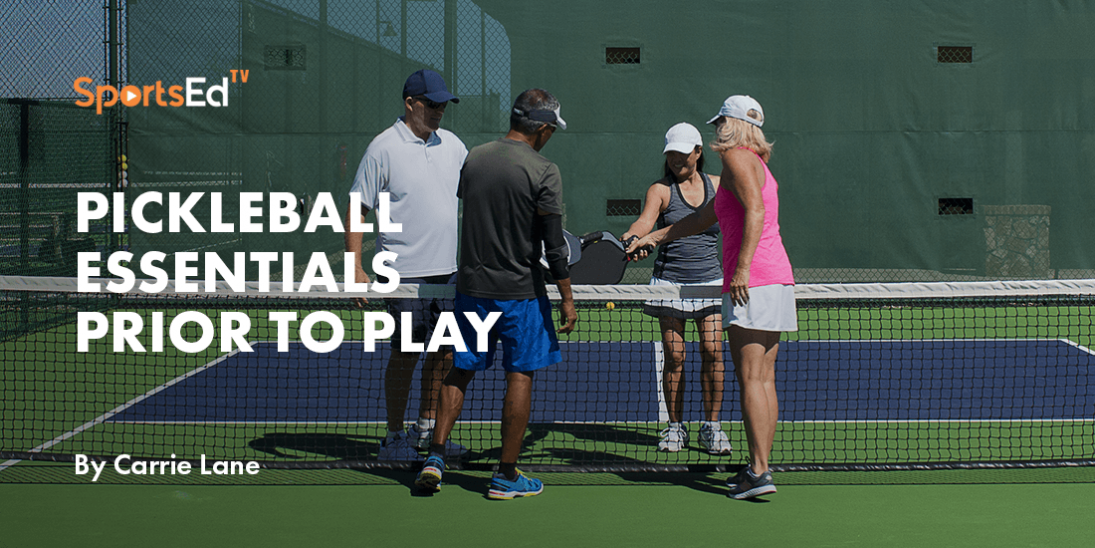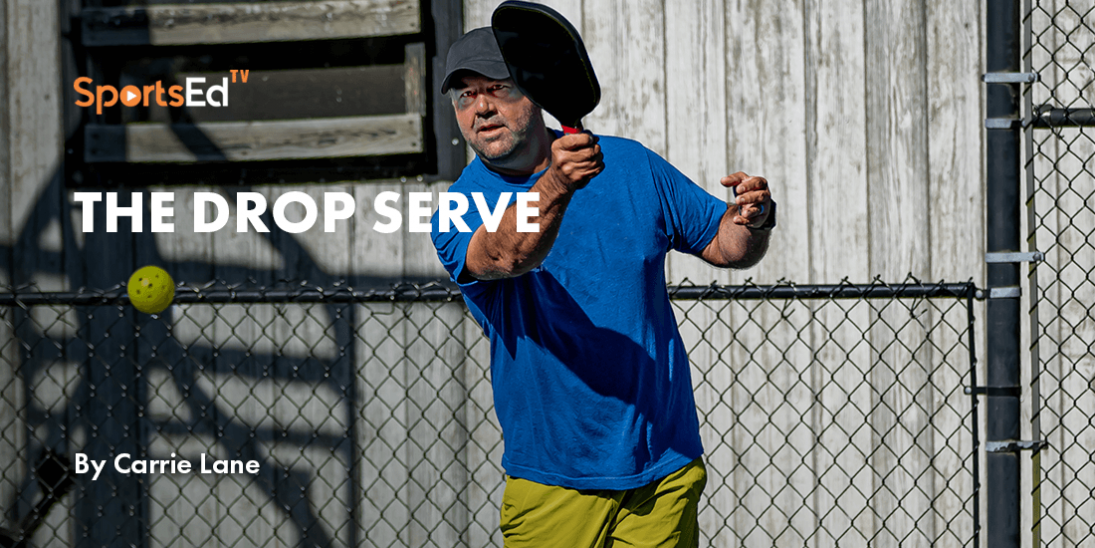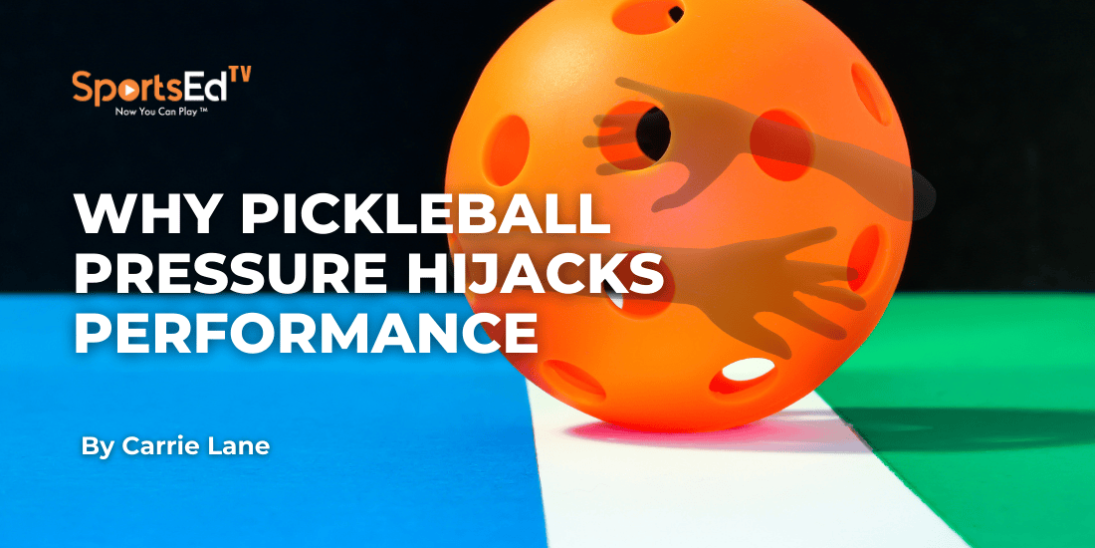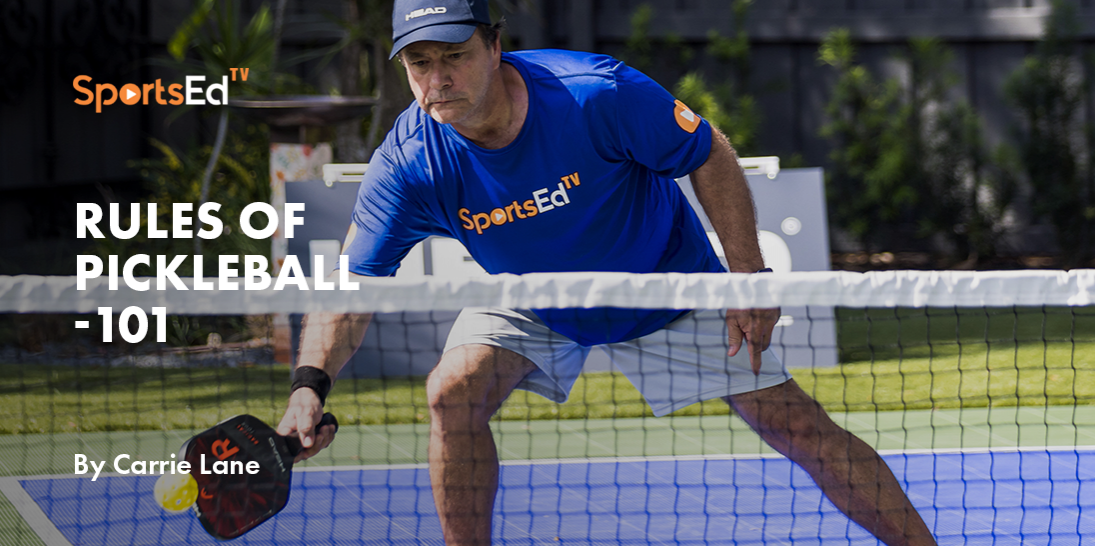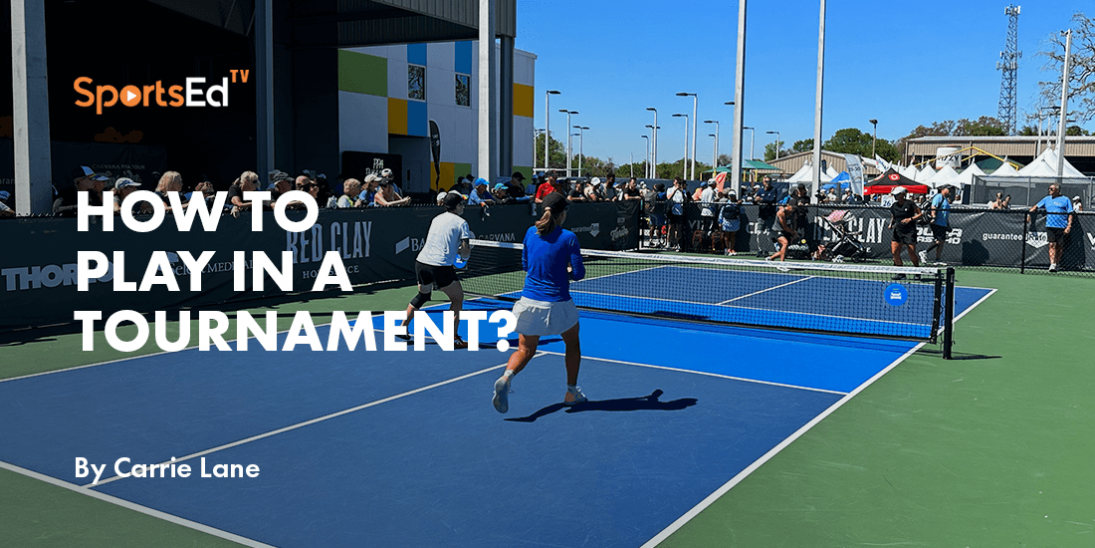Pickleball
Welcome and thanks for visiting...

Is There A Pickleball Obsession?
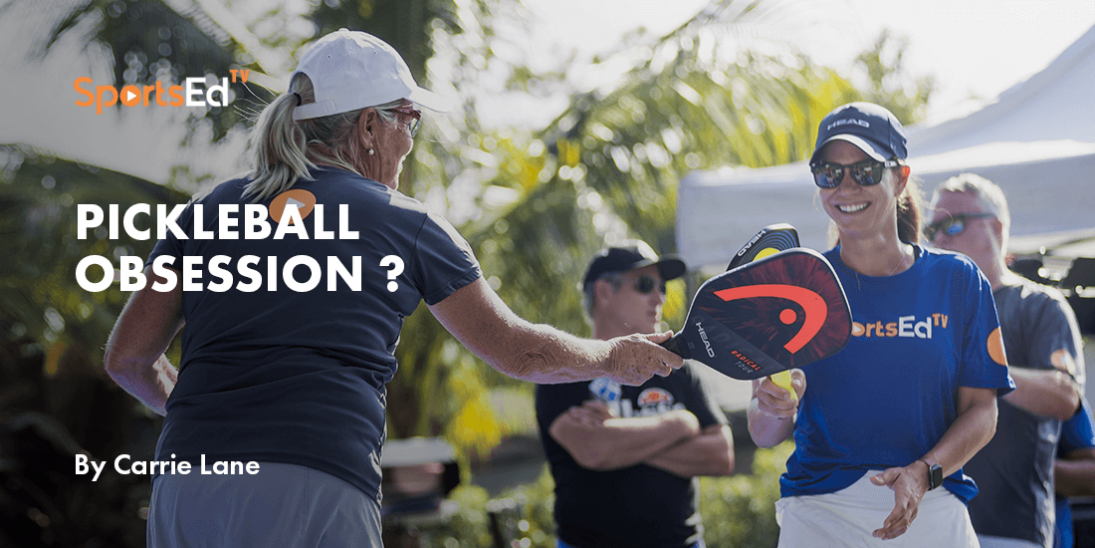
Let’s prime the pump of curiosity and dive in. If you are a player, you very likely knew from the first time you played whether you were going to return to this sport; however, you probably didn’t know how obsessed you would be. You may find yourself longing to play for hours upon hours until exhaustion.
How does this continue to happen?
Let’s investigate the workings of the brain when we engage in playing pickleball. Your brain is involved in everything you do, from how you act, interact, feel, and think. It is the master organ that regulates your personality, intelligence, character, and decision-making. It uses up to 30 percent of the calories you intake and 20 percent of the oxygen and blood flow in your body. Specific parts of the brain do specific things, and this is where pickleball gets very interesting because it activates the four major brain systems.
The major systems of the brain are the prefrontal cortex, anterior cingulate gyrus, basal ganglia, and limbic. The prefrontal cortex takes charge of your focus, problem-solving, planning, impulse control, and empathy. Your ability to go with the flow, work through transitions, and manage change takes place in your anterior cingulate gyrus. The basal ganglia integrate all your emotions, and finally, the limbic system deep in the middle of your brain is responsible for your motivation, appetite control, sleep cycles, and emotions.
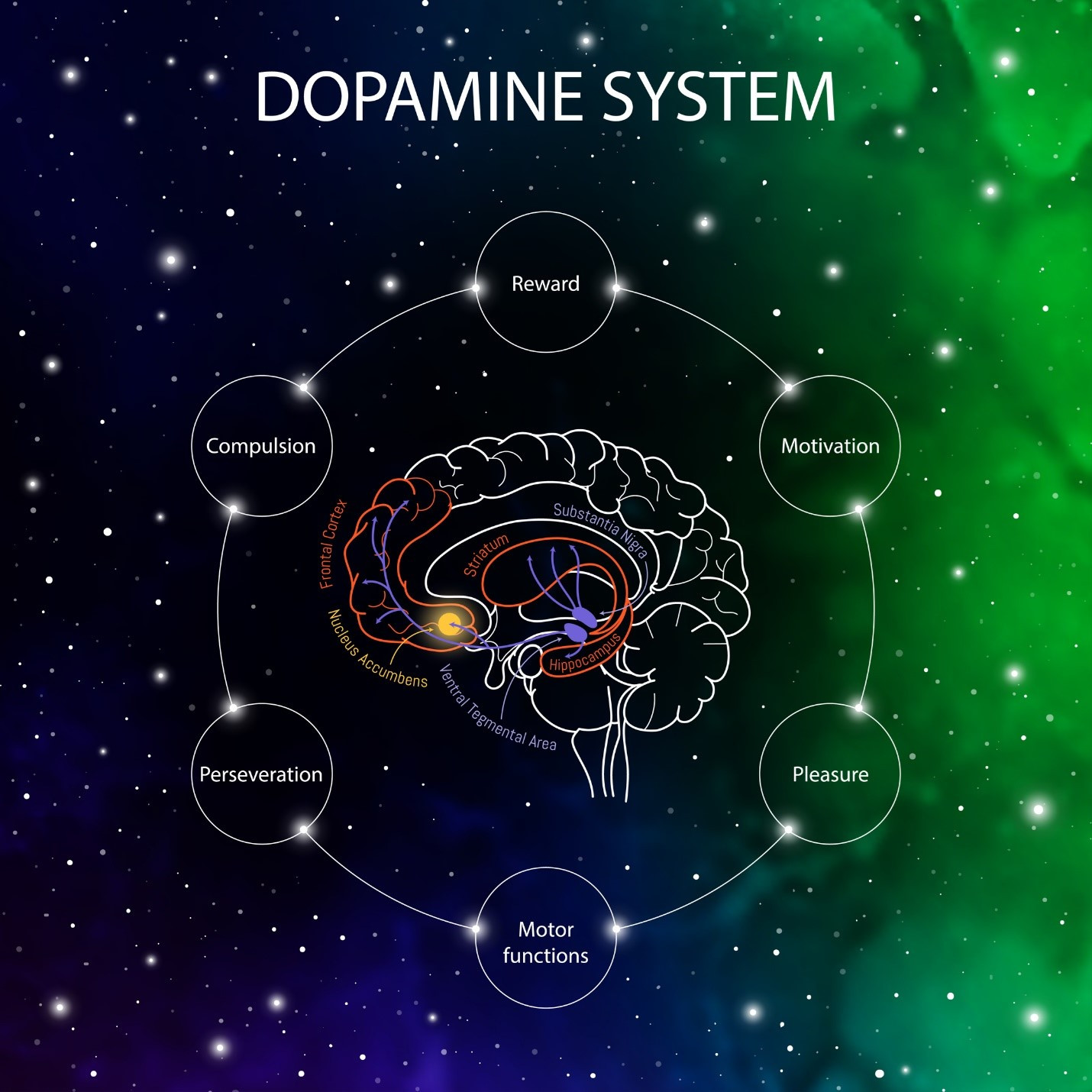
Simply put, these are the specific areas of your brain and how they operate for you. The more we activate these areas, the more our brain tells us this is a highly pleasurable activity, and the odds of our brain wanting to repeat pleasurable activities is great. Dopamine, serotonin, and endorphins are some of the neurotransmitters that are released when pleasure happens. These boosts of happiness hormones are what reward the brain and get us to repeat the activity again and again.
Let’s take this elementary explanation of the brain back to pickleball. From the simplest act of getting the ball over the net to hitting a winner or laughing hysterically, it triggers neurotransmitters through your brain. Your brain remembers this as pleasurable, and this sets the foundation to continue. So, the next day, you are back out on the courts with a new group of people. You find you have some things in common, and again, the pleasure hormones are released. Your basal ganglia function well as they regulate your body’s anxiety level and integrate your feelings along with your movement. You are motivated and driven. Deep in your limbic system, this sport has now promoted bonding with others and has tagged this activity as being internally important to you. You are comfortable knowing a few people, you have a few skills under your belt, and you want to learn more and start planning. You organize and plan games with people you like or are at the same level. You start to watch videos, get lessons, listen to podcasts, go to tournaments… You have fully engaged your prefrontal cortex and are totally in.
At this point, your hours of play have increased, and you may even be thinking you are a better player than you really are. You’re able to see the errors you are making on the court and are cognitively flexible and able to adapt, change, and see options. This flexibility has positively activated your anterior cingulate gyrus. You are fully activated in all four brain systems, and your brain continues to hold onto all the pleasurable pieces, and it drives you to obsession.
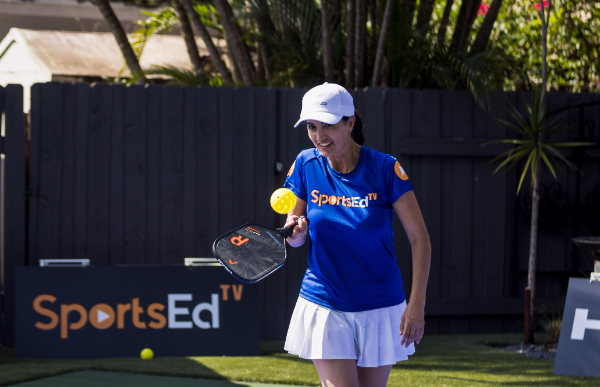
Your brain loves the pleasure and will seek it out over and over again. Pickleball fully activates all brain systems simultaneously and optimizes the wholeness of being human. The game leads us to a sense of purpose, connection with others, physical exercise, and engages thinking. Our brain is fully and wonderfully engaged (obsessed) with the game of pickleball.
Want to learn more about your brain and how it drives your happiness? Read You, Happier by Daniel Amen, MD




